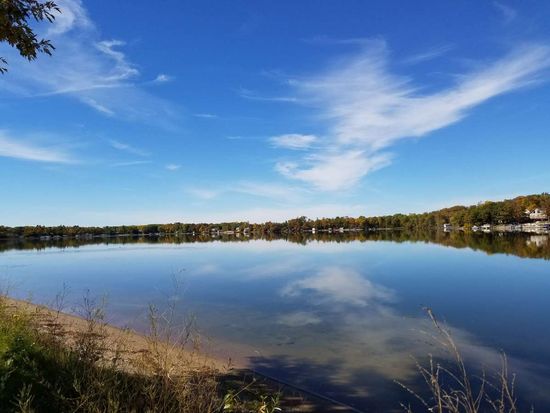sorry, you are wrong....FYI-an individual health insurance plan costs about $13,000 a year per person, in Maine... if the $2300 is the maximum credit, and a real credit not some HSA that is your own money put in the account, the people needing health insurance can still not afford it.
Also, are people who get their insurance through their employer going to get this credit?
or is employer sponsored group insurance going away?
Why would a person who can't afford premiums pick the highest priced insurance your state offers??
I would like to see this plan that cost about $1,083 a month for an INDIVIDUAL.
Or are you just flat out lying?.....cause I just went to Maine's site and for a 35 year old making $50k the monthly cost is $283 or $3396 a year.
in Maine, for an individual health care policy for someone in their 50's, covering 70%/30% , FOR the LOWEST PRICED silver plan on the exchange, WITHOUT subsidies costs $1100 a month, $13000 a year....in 2006 when we moved here, for an individual plan for me alone from Blue Cross/ Blue Shield Anthem policy, before the ACA existed, was $1050 a month....$12600 a year.
bronze plans are not insurance at all imo.
Last edited:



